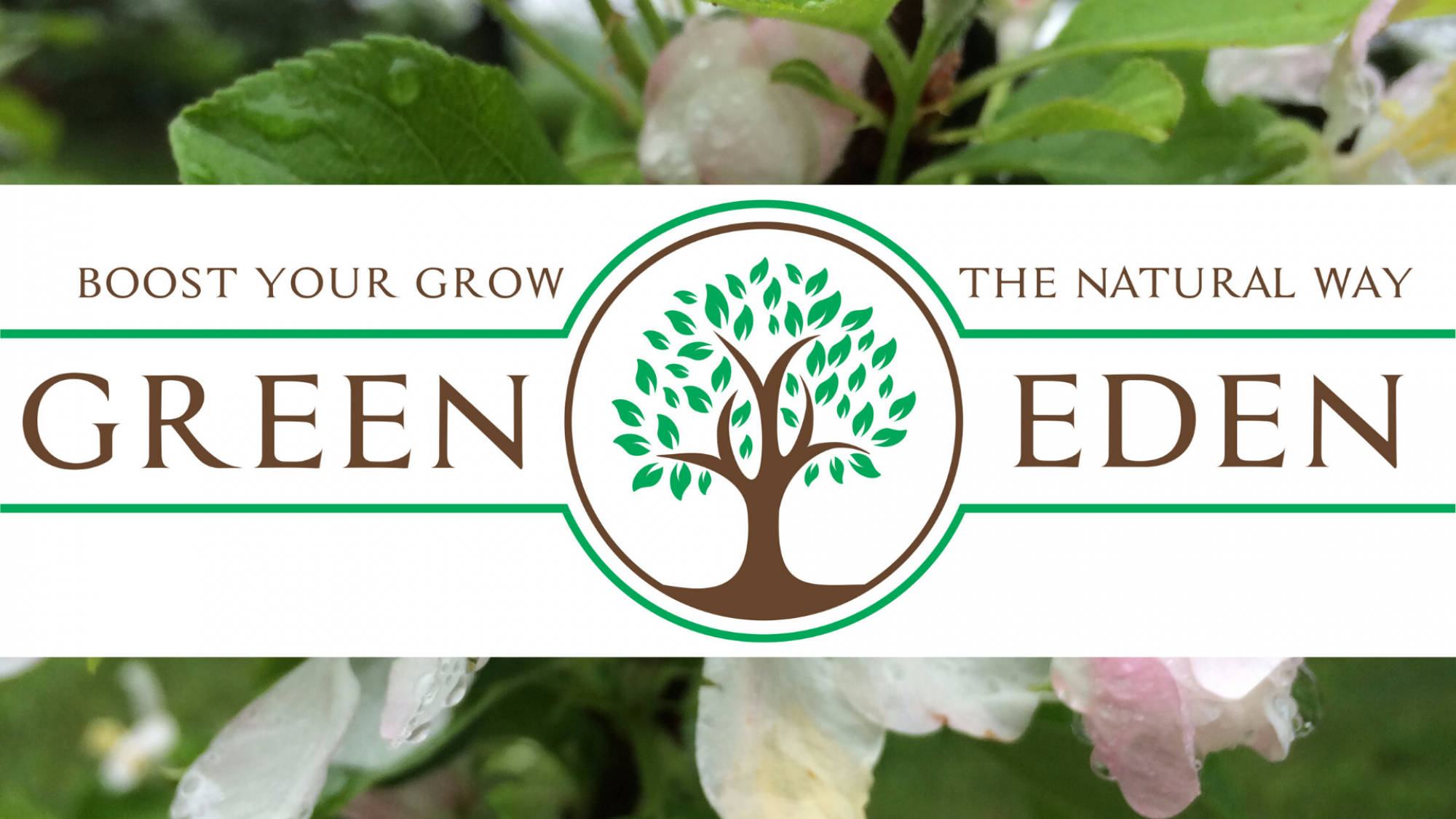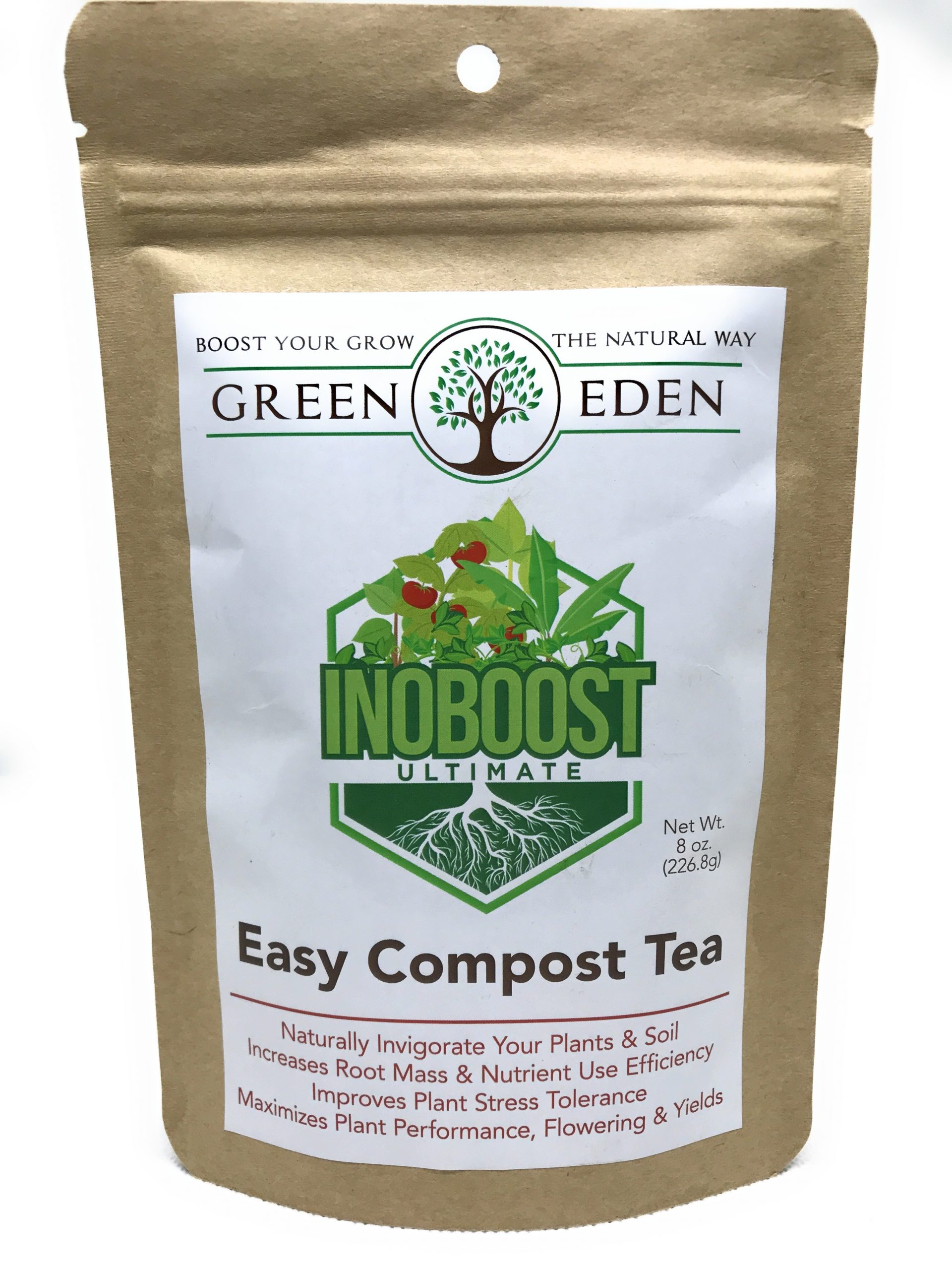Compost Tea Basics
Theres a lot of information out there on the benefits of using compost tea for plants. But how does the process work? Do you have a compost pile? Do you get good compost? What is in it? Is it safe? Are there alternatives?
All valid questions. And the answers you seek may not be as simple they seem. If you ask 100 gardeners the secret to how they grow the best plants you are likely to get many different responses. This is no different when it comes to opinions on compost tea.
Can you make your own compost and compost tea? Absolutely! We encourage everyone to take steps like composting to reduce waste and enrich your gardens and landscapes. But perfecting an effective and safe compost tea takes some work, education, and time.
Do you want to experiment and roll the dice to get the results you are counting on? Or are you looking for an easier, consistent product without doing the legwork? How you answer these questions will determine which way you want to go. Either way you can get the results you are looking for and get them in the way you are looking to. Naturally.
Let’s dig into what your options are when considering making your own compost tea. And what alternatives are out there…
Easy Compost Tea
What is Compost Tea?
A combination of:
- Beneficial Microbes
- Nutrients
- Humic Acids (Humates)
- Water (clean/non-chlorinated)
- Food source (sugars, nutrients)
Compost Tea will be some combination of these inputs. They result from steeping or brewing finished compost in water. This is done in order to extract and/or multiply beneficial organisms from the compost. Quality compost teas are generally aerated in some type of a brewer or bucket type setup. Typically, a tea is aerated between 24-48 hours. However, care must be taken to not brew too long as it will invite potential issues.
The type and quality of beneficial organisms in a compost tea is dependent on many factors. The two main factors being the quality of inputs that go into the compost, and the composting/brewing process itself. In order to maximize the amount of beneficial organisms in a tea, some form of food is needed to maximize these numbers. Some common food sources used for compost teas are unsulfured blackstrap molasses, sea kelp, or fish hydrolysate.
What’s in your Compost Tea?
The value of a good compost tea is that you are adding plant available nutrients, Humic acids, and living beneficials to your plants and soil. These are all highly valuable and important for living soils. The fact remains that it is difficult to know what will be in your final product. The only true way to know what is in your compost tea is through analysis.
A quality actively aerated compost tea will have a rich diversity of bacteria, fungi, and other soil dwelling creatures. Through microscopic analysis these creatures can be observed and a general inventory can be taken. If you know what you are looking for. One of the disadvantages of compost tea is that there can be a lot of variance in what your final product really is. It is impossible to know what is in a compost tea without proper evaluation. It is recommended to use a minimum of 400x magnification if you want to be able to see bacteria and other organisms. The work of people like Dr. Elaine Ingham has identified the true beauty and power of the Soil Food Web, and how it can transform how we grow food and plants.

What is Compost Tea Good For?
- Adds Beneficial Soil Microbes – Soil microorganisms are a key component of productive living soils. These microbes serve many functions such as fixing Nitrogen, solubilizing Phosphorus and other Macro and Micronutrients. Each beneficial microorganism serves specific functions that can be dependent on your growing conditions. Our knowledge of how this works will become greater as scientific research continues.
- Maximizes Nutrient Use Efficiency – Nutrient uptake and a healthy living soil go hand-in-hand. The microorganisms in the soil are what process nutrients into plant available forms. This is a big reason why practicing organic practices are so very important. The soil ecosystem works with your plants to give them what they need.
- Plant Pathogen Protection – Many microorganisms have been shown to suppress specific plant pathogens. Much of this science is still not fully understood. Obviously there is a benefit to having more beneficial microbes than pathogenic microbes. Many of these beneficials form what are called ‘biofilms’ around plant roots. This is one way of defending plants and the rhizosphere (root zone) from harmful pests.
- Builds Living Soils – Humic Acids, Beneficial Bacteria and Fungi, and other soil dwelling life interact to help form a healthy soil. The Humic Acids form soil aggregates, improve tilth, and feed the microbes. The microbes break down organic matter, make nutrients available to plants, and build biomass. Together this forms living soils that improve many functions of plant performance.
- Improves Water Retention – Compost teas help build soil. A major benefit of a healthy soil structure is water use and retention. When water use efficiency improves, runoff and leaching of nutrients decreases. Plants perform best when they have proper access to water and nutrients.
The 20th century gave us the rise of commercial food production on a massive scale. The farming practices that they used generally took no regard to the ecosystem that our soils really are. Pesticides, herbicides, and fungicides kill soil organisms and damages those ecosystems.
Now we know that in order to have more sustainable ways to grow food we need to change our ways. That is why compost tea and biointensive practices are now becoming mainstream. Building living soils that have the resiliency and abundance that nature provides. More and more people are realizing the value of growing naturally. No chemical fertilizers or synthetics. Composting and using compost teas are examples of how we can grow plants more responsibly while maintaining production and nutrient density.
How to use Compost Tea
So you brewed your first batch of Aerated Compost Tea. Or maybe you are going to use an alternative to the DIY approach. Something like InoBoost Ultimate, for instance. The Beauty of using Compost Tea is that there is not a lot to mess up. These are not typical fertilizers. There is no risk of burning or damaging your plants. Whether you brew your own, purchase a pre-made tea, or use a Plant Biostimulant product, the application methods will be similar.
It is best to use a tank or hose sprayer, or watering can to apply a compost tea. The ideal time to apply is in the morning. This is because the plants stoma are open and can take in liquids more easily. Stoma are pores located on plant leaves and stems that allow for gas exchange as well as to uptake water and nutrients. Plant stoma open and close as environmental conditions change. In the heat of midday, for example, you can expect the stoma to close in order to retain water. You can also apply later in the day, but care must be taken to not invite fungal disease if the plants remain wet overnight.
There are two main ways to use a compost tea.
- Foliar – Spray directly onto plants leaves and stems.
- Root Drench – Soak the soil directly around the plants as far out as the drip line. It is a best practice to water in after to ensure the tea makes it down to the root zone.
Again, the beauty in using compost teas and Plant Biostimulants is that it is quite hard to damage your plants from overuse. One possible way that you could damage your plants is if you overwater. Otherwise, the frequency that you apply is really up to you. Generally, this depends on what works best for your plants, as well as cost.
Do Compost Teas Work?
This may not be the best question to ask. I think it comes down to preference. There is little question that a properly made, properly aerated compost tea contains a multitude of beneficials. The beneficial microbes, nutrients, and other substances create the conditions to grow better plants. And build great soil.
Some important things to consider are knowing what you are putting on your plants, and do you have the time, desire, and equipment to do it right.
Guarantee the Good Bugs – Not the Bad Ones
InoBoost Ultimate is the Easy, Instant Compost Tea Alternative. Loaded with a blend of Beneficial Bacteria, Fungi, Sea Kelp and more. We lower the learning curve, and empower you with a proven blend of elite Plant Biostimulants. A specifically chosen cast of beneficials that boost plant and soil health and production.
A product like InoBoost Easy Compost Tea removes the trial and error of brewing your own compost tea. Simply mix and apply. Know what you are putting on your plants and soil. And know how you can make an easy compost tea without a pump or other equipment.
Like we stated at the beginning. Brewing your own compost tea is great. And many people have had success in doing it. However, it is not for everyone. From buying the equipment, finding or making a quality compost, and finally brewing your tea. It may just be more than you are willing to take on.
There are no magic potions that will guarantee success. Good growing habits, natural, organic inputs, and a focus on building a healthy soil food web should be the goals. How you get there is really just a matter of practice and preference.
Plant Biostimulants are a game changer for growers. These products give you the benefits of using a quality aerated compost tea, but take out the labor and guesswork. Some microbe food for thought….
SHOP GREENEDEN
p.s. As always if you found value in this post, please like, share, and subscribe to our email list. Feel free to reach out at support@greeneden.co. Thanks!


